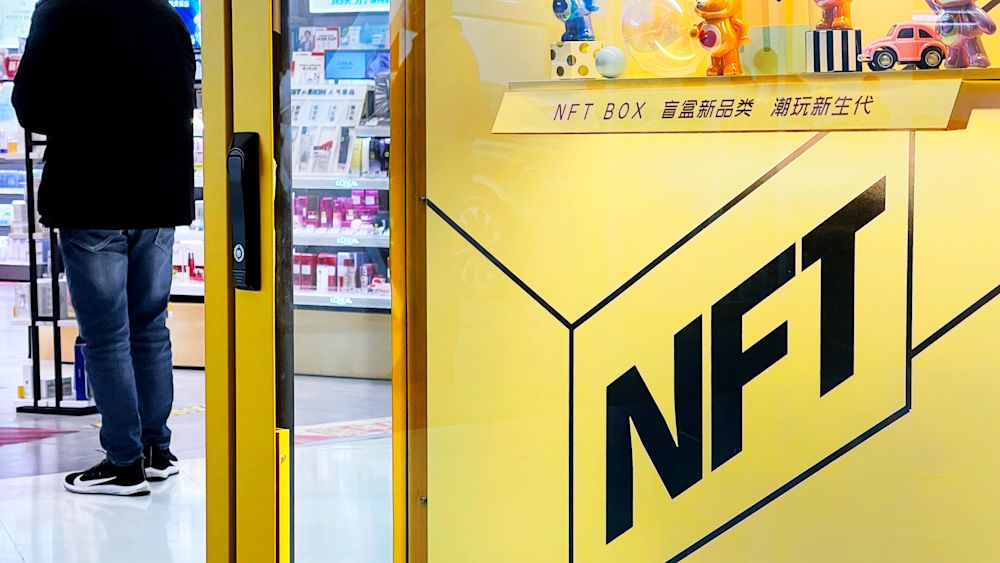Table of contents
Major Chinese companies have joined the NFT market, including big tech, art auction houses, blockchain startups and retail companies. Take a look at China's NFT market in 2022.

The future of China’s NFT market
Although overseas NFTs are rapidly extending to various fields, creators are still exploring the path of NFT development in China due to restrictions of domestic laws and regulations.
Even though China has a strict approach to cryptocurrency that fully banned crypto trading and mining last year, the country has also introduced a relatively conservative version of blockchain technology, such as the digital yuan. So far, China has allowed NFTs but banned people from reselling or trading them.
In September 2021, the People's Bank of China issued an edict called "Notice on Further Preventing and Resolving the Risks of Virtual Currency Trading and Speculation," emphasizing the nature of virtual currency and the illegality of transactions. As a result, instead of the term NFT, most Chinese tech giants use the term “digital collectible” as a workaround to follow the regulation and avoid association with the global crypto market.
In addition, the rights of domestic NFT collectors are also subject to certain restrictions. The platforms do not sell the ownership of works, so most encrypted digital products are traded in the name of digital collections. And overseas NFT buyers can get the ownership and intellectual property rights of the works.
Finally, the types of NFT products launched in China are also relatively similar. monotonous. Overseas has already entered the era of "everything can be an NFT." But under the domestic operation mode of "focusing on platforms and ignoring users," the encrypted digital products launched on mainstream trading platforms are concentrated in the fields of digital image art, digital music and digital trendy games.
Hongwei Liu, the Chief Researcher of Ebang International Research Institute, pointed out in a report that the biggest problem that NFT really needs to solve is not only the current application of digitizing works of art, but the transformation of the traditional concept of non-classification.
“Based on the differences between domestic and foreign NFT trading platforms in terms of blockchain technical support, product circulation and product types, Tencent and Ali's products cannot be regarded as standard NFTs,” Liu said. “You can understand that it is a limited edition based on a certain IP or author. These are just digital works circulated in a way similar to NFT."
Liu added that due to the provisions of relevant regulations in China, exclusive authorization is unavoidable due to security considerations and the need for supervision. Therefore, instead of focusing solely on NFT technology, people should also begin to discuss how to develop a new financial technology under the premise of compliance.
Experts predict that in order to develop encrypted digital tokens, there’s still a lot to work to be done regarding China’s domestic laws on NFTs.
“Taking the issue of copyright protection as an example, whether the same artwork can be uploaded to several blockchains, and whether the author’s rights are still protected after selling NFTs, these are the areas where laws need to be perfected a bit more," Liu said.
Sign up now: Stay up to date, level up and hire better with our behind the scenes newsletters at the world’s top startups.
In this article


The ORG helps
you hire great
candidates
Free to use – try today